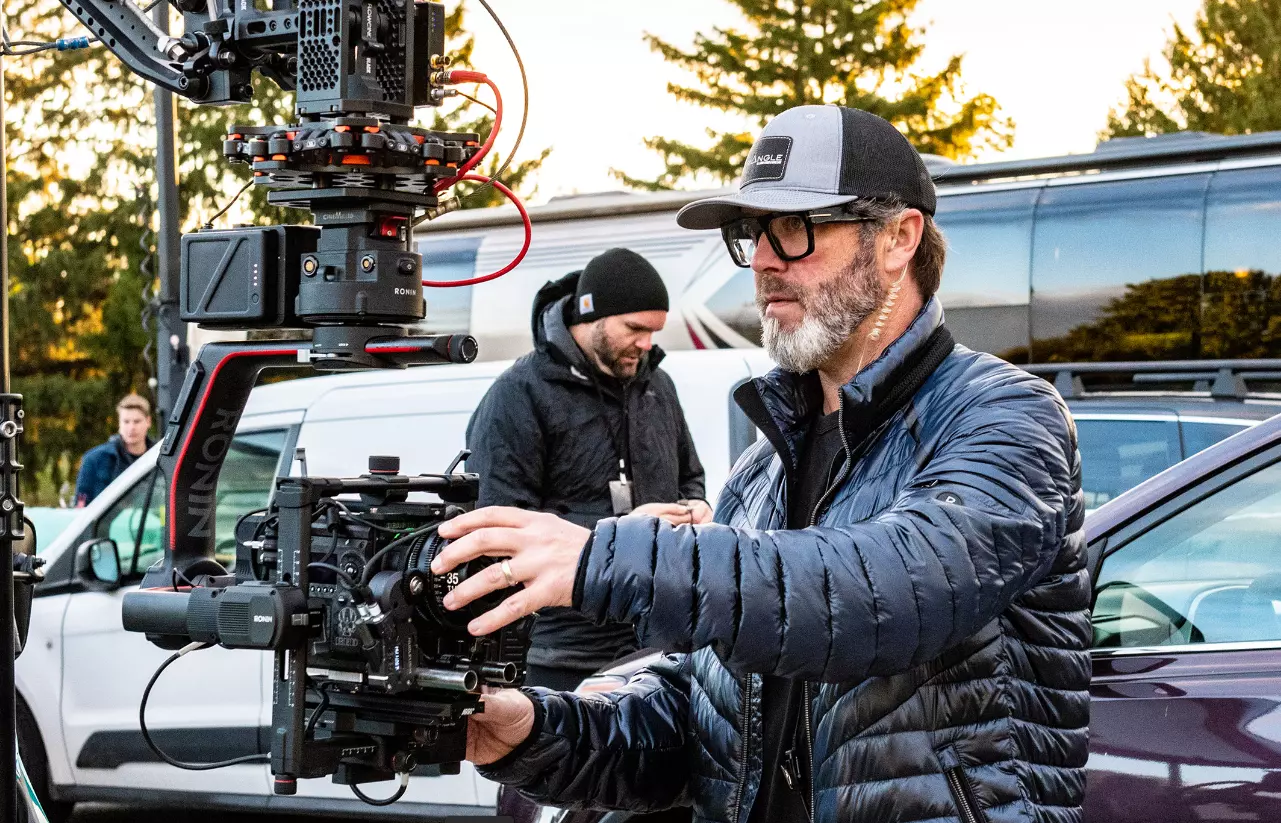TV frame rate is the number of times the screen refreshes itself every second, and it is measured in Hertz (Hz).
Most TVs have either a 60Hz or 120Hz refresh rate, but some content sources have lower frame rates, such as 24 or 30 frames per second (fps).
To display these content sources, TVs use various techniques to match the refresh rate and the frame rate, such as 3:2 pulldown, interlacing, or frame interpolation.
Some users prefer higher frame rates because they produce smoother motion, especially for fast-moving scenes or games. However, higher frame rates can cause some unwanted effects, such as the soap opera effect, which makes the content look unnatural or artificial.
Some people also associate higher frame rates with low-budget productions, such as soap operas, which use video cameras instead of film cameras.
Why Do Movies and TV Shows Not Shoot in 60 Fps?

The reason why most TV shows and movies are not 60 fps is because of the tradition and convention of the film industry.
Film cameras have been using 24 fps as the standard since the 1920s, and it has become the norm for cinematic expression and aesthetics.
Changing the frame rate would require more storage, bandwidth, and processing power, as well as altering the artistic vision and style of the filmmakers.
However, some TV shows and movies have experimented with higher frame rates, such as The Hobbit trilogy, which was filmed at 48 fps, or Gemini Man, which was filmed at 120 fps.
These productions aimed to create a more immersive and realistic experience for the viewers, but they also received mixed reactions and criticisms from the critics and the audiences.
So, whether TV will ever be 60 fps or higher depends on the preferences and choices of the content creators and the consumers.
Some may enjoy the smoothness and clarity of higher frame rates, while others may prefer the traditional and cinematic look of lower frame rates.
There is no definitive answer to this question because it is a matter of taste and opinion.
However, as technology advances and becomes more accessible, it is possible that higher frame rates will become more common and accepted in the future.
We will have to wait and see!

Abdul Kader, a handy guy and experienced founder of a TV repair shop in Gulshan, Dhaka, Bangladesh. He is mainly an expert in understanding and repairing different types of issues with Smart TVs and providing helpful insights on how to keep them in good working order. Read his Full Story.

